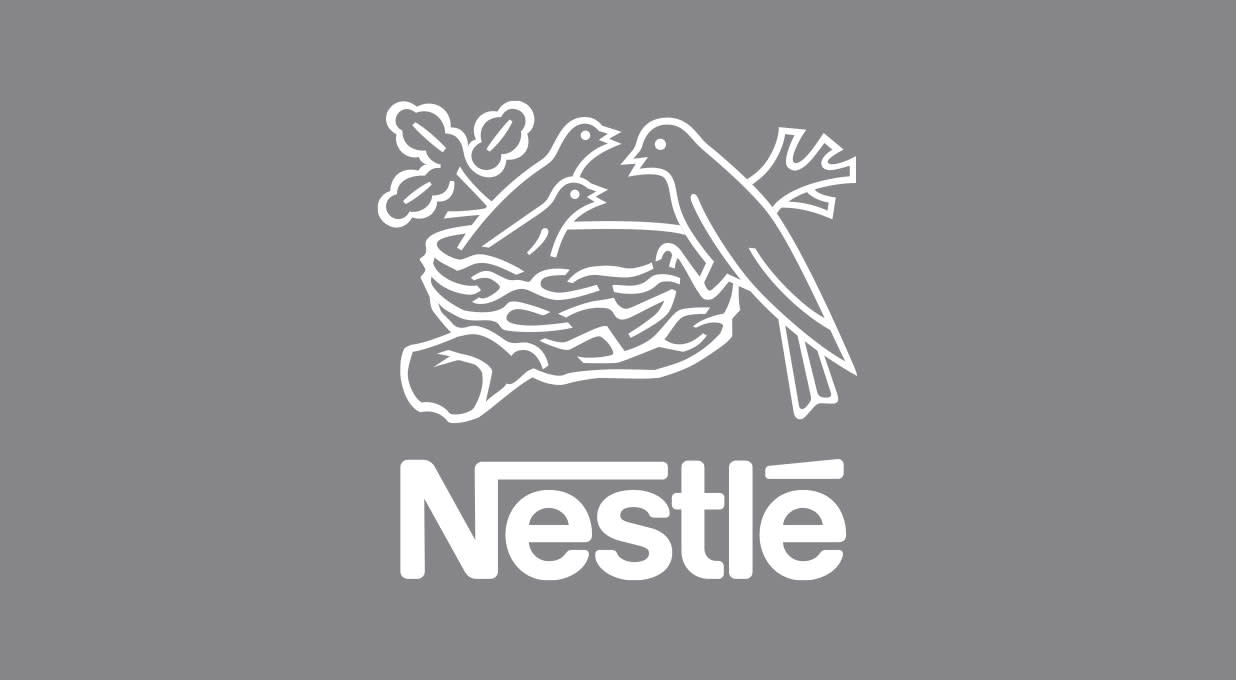Nestlé's full-year sales fell 1.8% to 91.4bn Swiss Francs (CHF). Currency was a detractor, with underlying growth of 2.2%. Volume improved 0.8% with prices up 1.5% - both better than expected. Growth was led by coffee, confectionery and PetCare.
Operating profit fell to CHF 15.7bn from CHF 16.1bn.
Free cash flow was CHF 10.7bn, an increase of 2.5% from the previous year, helped by reductions in tax payments and capital expenditure. Net debt increased from CHF 49.6bn to CHF 56.0bn.
Organic sales growth is expected to improve in 2025 and underlying operating profit margins are expected to be around 16.0% (2024: 17.2%) due to a ramp up in investment.
Nestlé proposed a 1.7% increase in of the annual dividend to CHF 3.05 per share.
The shares rose 5.7% in early trading.
Our view
Markets reacted well to Nestlé’s full-year results, more a sign of relief than knockout performance. 2024 was a tough year, with prices doing much of the heavy lifting. But new CEO Laurent Freixe is keen to shift the emphasis back to volume growth.
That’s an area where Nestlé has struggled in recent years. Underinvestment in marketing to try and prop up margins is coming back to bite, so part of the revised strategy is to return marketing spending back to historical levels. In the long term that’s a good move, especially if it can be funded by significant cost-saving efforts. But there will be a timing lag between increased marketing spend and when cost cuts start to make a dent.
Broad inflation has come down, but key commodities for Nestlé, like cocoa and coffee beans, have seen prices soar and Nestle will need to raise certain prices in response. That paints a picture for 2025 with low organic growth and margins under pressure.
With a broader lens, Nestlé has a huge arsenal of quality brands, many of which are number 1 or 2 in their respective markets. While it may be known for its KitKats, confectionery is the second smallest category, with products diversified across other areas including Coffee, Pet Care and Health Science.
These are higher growth categories, and there’s been a portfolio reshuffle in recent years. The number of factories has dropped by 18% and underperforming business units have been on the chopping block. We think there’s more of this to come, and that should help medium term margins when conditions improve.
The balance sheet is in decent shape, and cash flows support the dividend. But debt is toward the top end of the target range so there’s not a whole lot of room for organic additional shareholder returns – nothing is guaranteed. Nestlé does have a c.20% stake in L’Oréal worth about CHF 35bn, so there is some flexibility to sell down that stake to bring in cash if needed.
All in, Nestlé has a strong lineup of brands in compelling markets, and the medium-term plans to reaccelerate growth look like they’re on the right track. But there are some Nestlé specific challenges in the near term which could weigh on the share price.
Environmental, social, and governance (ESG) risk
The Food and Beverage industry is medium risk in terms of ESG, with some subsectors - like agriculture, tobacco and spirits - falling into the high-risk category. Product governance is an area of concern industry wide due to strict quality and safety regulations and incoming environmental regulations. Other risks vary by sub-industry, but human capital, community relations and resource use tend to impact most companies in this sector either directly or through their supply chains.
According to Sustainalytics, Nestlé’s overall management of material ESG issues is strong.
Nestlé’s Enterprise Risk Management Framework evaluates potential business impacts and stakeholder concerns, aiming to integrate sustainability into long-term strategies. The company’s Creating Shared Value report, aligned with GRI Standards, highlights its progress on sustainability goals, including a commitment to net-zero emissions by 2050. Despite these ESG efforts, Nestlé remains involved in controversies around water use, product governance, human rights, and biodiversity issues in its supply chain.
Nestlé key facts
All ratios are sourced from LSEG Datastream, based on previous day’s closing values. Please remember yields are variable and not a reliable indicator of future income. Keep in mind key figures shouldn’t be looked at on their own – it’s important to understand the big picture.
This article is not advice or a recommendation to buy, sell or hold any investment.No view is given on the present or future value or price of any investment, and investors should form their own view on any proposed investment.This article has not been prepared in accordance with legal requirements designed to promote the independence of investment research and is considered a marketing communication.Non - independent research is not subject to FCA rules prohibiting dealing ahead of research, however HL has put controls in place(including dealing restrictions, physical and information barriers) to manage potential conflicts of interest presented by such dealing.Please see our full non - independent research disclosure for more information.


